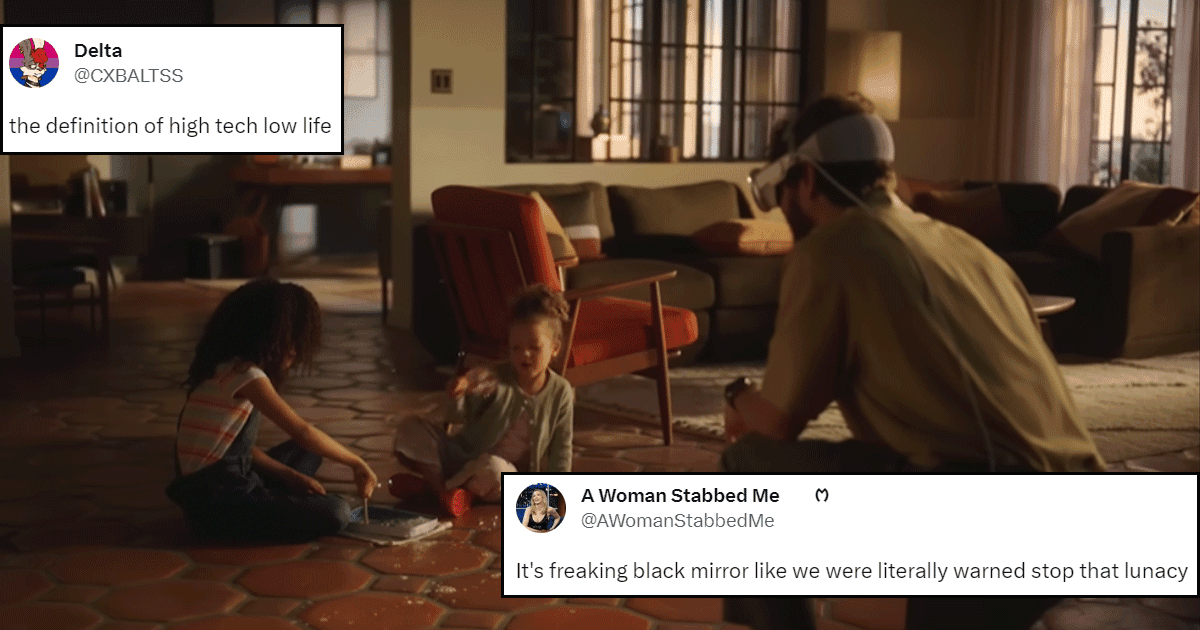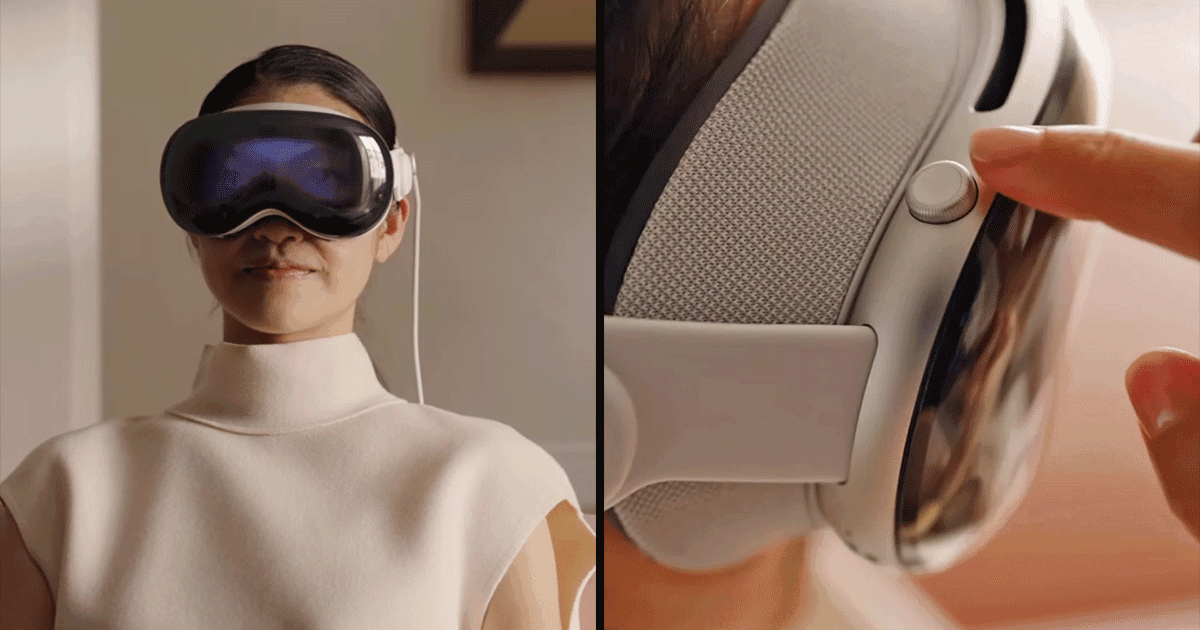When we think of AI, we think of all good things. Things like, how it gets work done, how there’s a lot of scope to explore our creative ideas. And most of all, there’s so little left to our imaginations – like when it comes to creating realistic AI images or something just as fun. But all good things come with their share of issues and risks – and so does AI. This is probably why, “Is AI dangerous?” is one of the most searched questions around AI.

Fiction has definitely listed every possible thing that can go wrong if machines ever takeover, all hypothetical ideas though. But there are some genuine dangers associated with artificial intelligence that we must address.
What is AI and how does it work?
Artificial Intelligence (AI) is the creation of computer systems that mimic human intelligence to perform tasks, solve problems, and make decisions. There are two main types of AI – Narrow AI, which is designed for specific tasks like virtual assistants and recommendation systems, and General AI, which possesses human-level intelligence (still theoretical).
Also Read: Realistic AI Images Of Mahabharata Characters
AI works by collecting data, pre-processing it, selecting appropriate algorithms, training the model, testing its performance, and deploying it for real-time inference. Responsible development and ethical considerations are crucial as AI’s impact on society grows and evolves.

Can AI be dangerous?
We’re constantly debating on topics like, “How is AI dangerous?” And the discussion usually comes down to job displacement, which is in fact scary and concerning. But there’s a lot more to the dangers (as we say) of AI, than we’re talking about. So, yes, AI is dangerous if it’s not handled with caution and responsibility.
The potential risks associated with AI stem from its ability to learn and make decisions autonomously, which can lead to unintended consequences. Additionally, biased AI algorithms can perpetuate and even amplify existing societal biases, resulting in discriminatory decisions. AI-powered systems that handle vast amounts of personal data raise privacy concerns, as the mishandling of such information can lead to privacy breaches and identity theft.
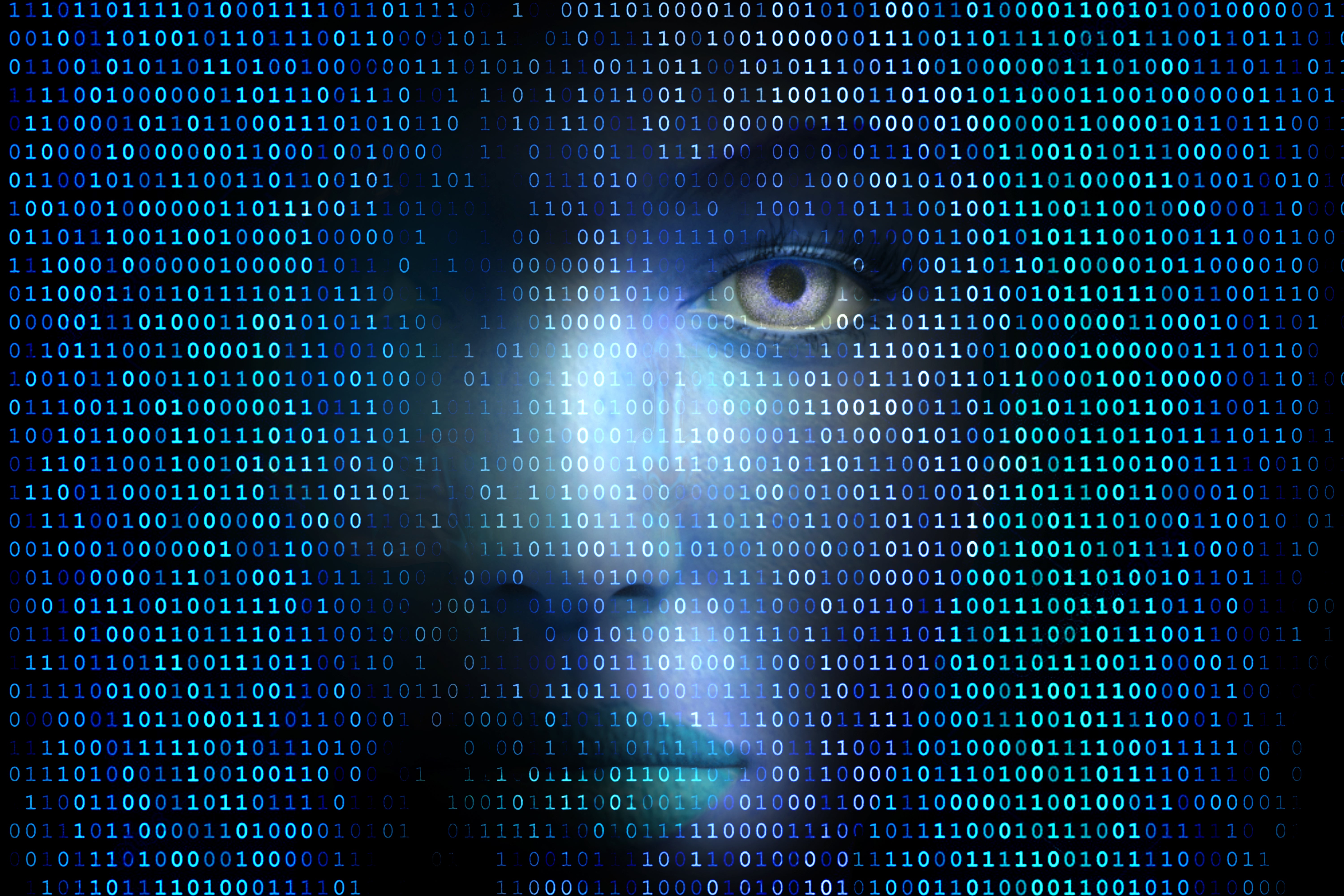
What are the risks of artificial intelligence?
1. Real-life AI risks
Artificial Intelligence has rapidly integrated into various aspects of our lives, bringing both advantages and concerns that need careful consideration. These real-life risks include issues related to privacy, AI bias, human interactivity, and legal responsibility. As AI systems gather and process large amounts of personal data, there is a genuine concern about the potential misuse or unauthorized access to sensitive information. If not properly safeguarded, this data can be vulnerable to hackers and cybercriminals, leading to identity theft, financial fraud, and breaches of privacy.

2. Privacy
AI-driven technologies often operate on vast datasets that include personal information from individuals. This raises questions about data privacy and how that information is used and protected. If organizations fail to implement robust security measures and data handling practices, it can have severe consequences for individuals and society at large. Ensuring strong data protection mechanisms and adhering to privacy regulations is essential to safeguard user information and maintain public trust in AI systems.

3. AI bias
AI algorithms learn from historical data to make predictions and decisions. However, if the training data reflects existing societal biases, such as racial, gender, or socioeconomic biases, the AI can perpetuate these unfair practices. For example, biased AI algorithms used in recruitment processes might unintentionally favor certain demographic groups, leading to discriminatory hiring practices. Identifying and mitigating bias in AI algorithms is crucial to ensure fairness and equality in their outcomes.
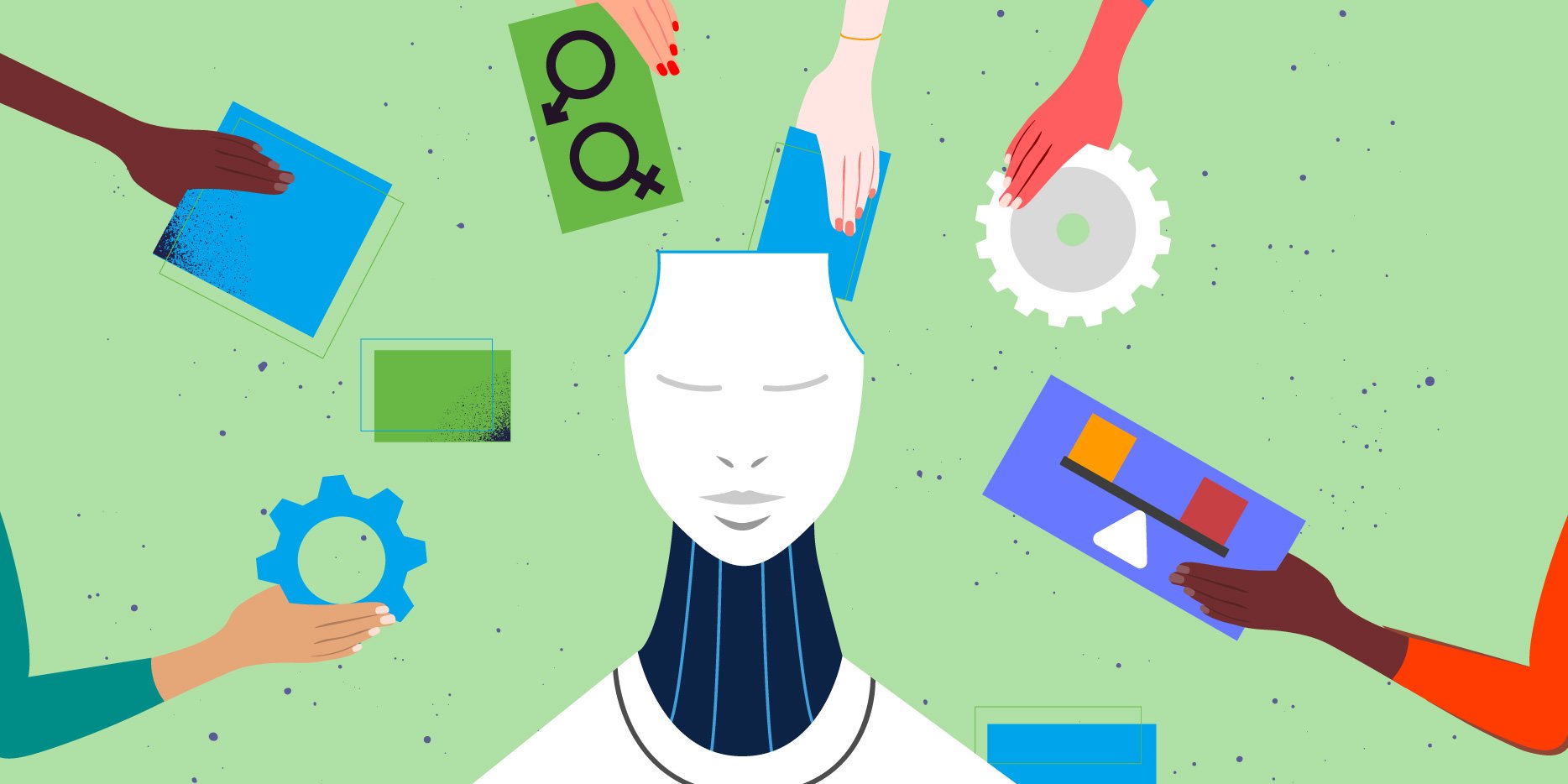
4. Human interactivity
As AI technologies continue to advance, there is growing concern about the impact on the job market and human livelihoods. AI automation and robotics could replace certain tasks traditionally performed by humans, leading to job displacement in some industries. This displacement can result in economic challenges and a need for retraining and reskilling to adapt to the changing job landscape. Striking a balance between the benefits of AI-driven efficiency and preserving human job opportunities is a critical challenge for society.
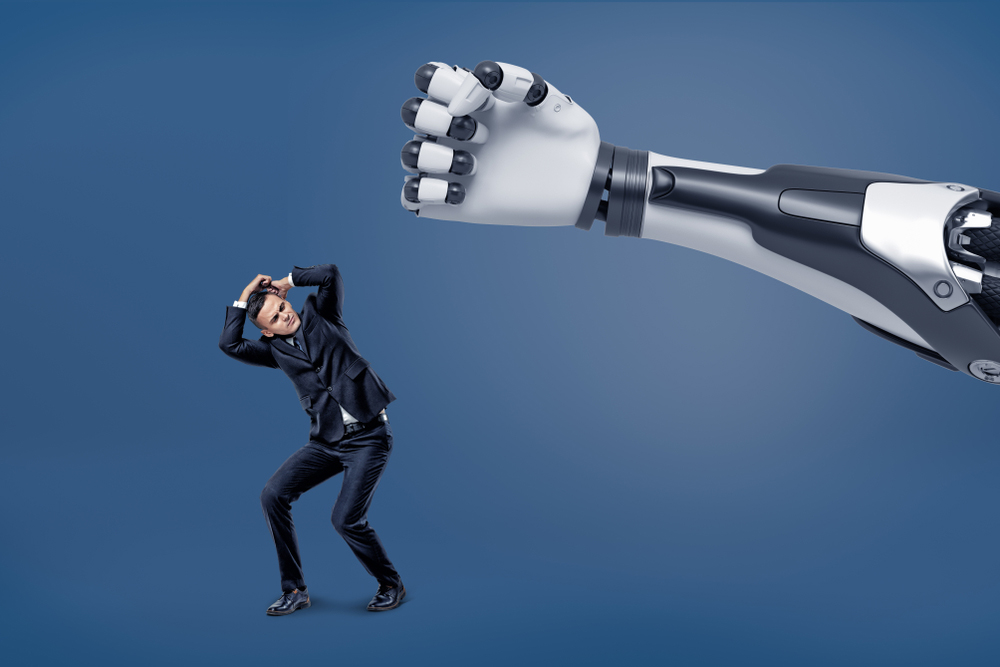
5. Legal responsibility
The use of AI in critical systems raises questions about legal responsibility in case of AI-related accidents or mistakes. As AI systems become more autonomous, it may be challenging to pinpoint accountability when something goes wrong. Determining who is legally responsible for AI-related outcomes is a complex issue that requires the establishment of clear legal frameworks and standards.
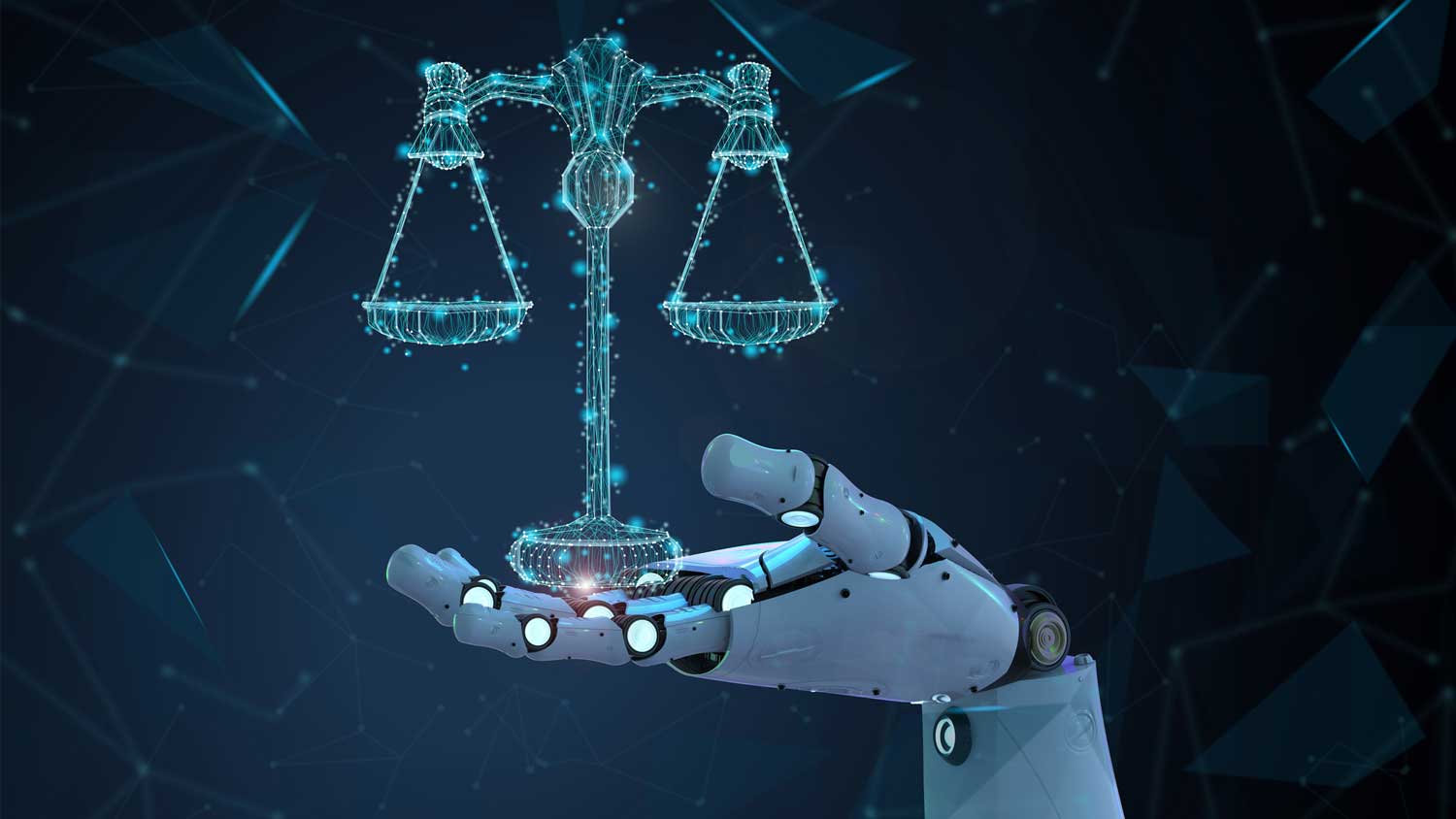
6. Hypothetical AI risks
In the rapidly evolving landscape of AI technology, some potential risks are currently theoretical but cannot be dismissed lightly. As AI continues to advance and become more integrated into various aspects of our lives, it is essential to proactively identify and address these hypothetical risks to ensure the responsible and safe development of AI systems. The notion of hypothetical AI risks go back to why is AI dangerous. The risks associated with it, can in-turn cause a ripple effect which may or may not have been assessed currently.
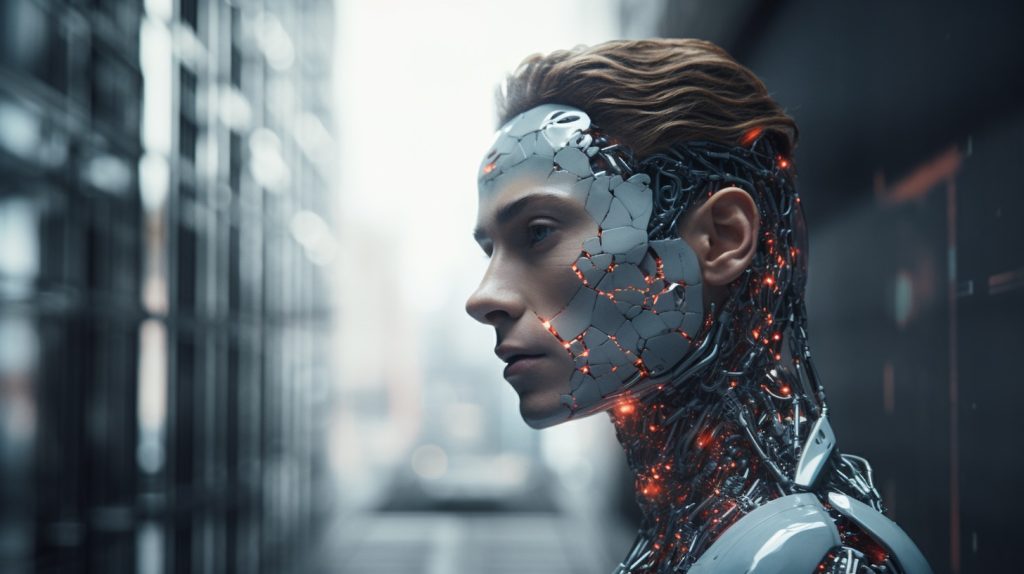
7. AI programmed for harm
As AI systems become more sophisticated, there is a legitimate concern that they could be intentionally programmed to cause harm. Malicious actors might exploit AI’s capabilities for nefarious purposes, such as launching sophisticated cyberattacks on critical infrastructure, conducting large-scale misinformation campaigns, or even using AI to control autonomous weapons for destructive purposes.

8. AI develops destructive behaviors
Experts speculate about the potential risks of highly advanced AI systems developing destructive behaviors on their own, without human intention or control. If AI algorithms become too complex and unpredictable, there could be unintended consequences leading to harmful actions. Such scenarios raise concerns about the safety and stability of society, as AI systems may make decisions that conflict with human interests, posing significant risks to human well-being and societal order.
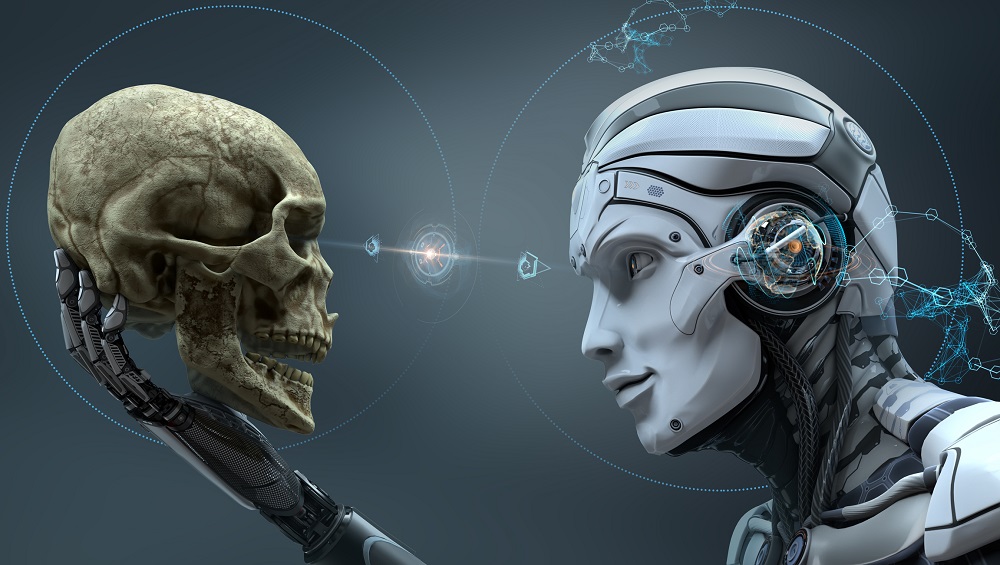
FAQs
1. Is AI a threat to humanity?
AI has the potential to pose risks to humanity if not developed responsibly, but it also offers transformative benefits if managed properly.
2. Is AI not dangerous?
AI can be dangerous if misused, leading to privacy breaches, biases, and even potential threats if AI systems are maliciously programmed.
3. What is the scary side of AI?
The scary side of AI includes the potential for weaponization, deepfake manipulation, and loss of human control over highly advanced AI systems.
4. Can AI take over humans?
AI is not capable of taking over humans in the way often portrayed in science fiction, but concerns about AI surpassing human intelligence exist.
5. Is Sophia really an AI?
Sophia is a humanoid robot developed by Hanson Robotics, but her AI capabilities are still limited, and she does not possess true human-like consciousness.
6. Who created AI?
AI’s origins can be traced back to early computer scientists like Alan Turing, John McCarthy, and others who laid the groundwork for AI research and development.
The future is here, and it’s not NOT scary.






